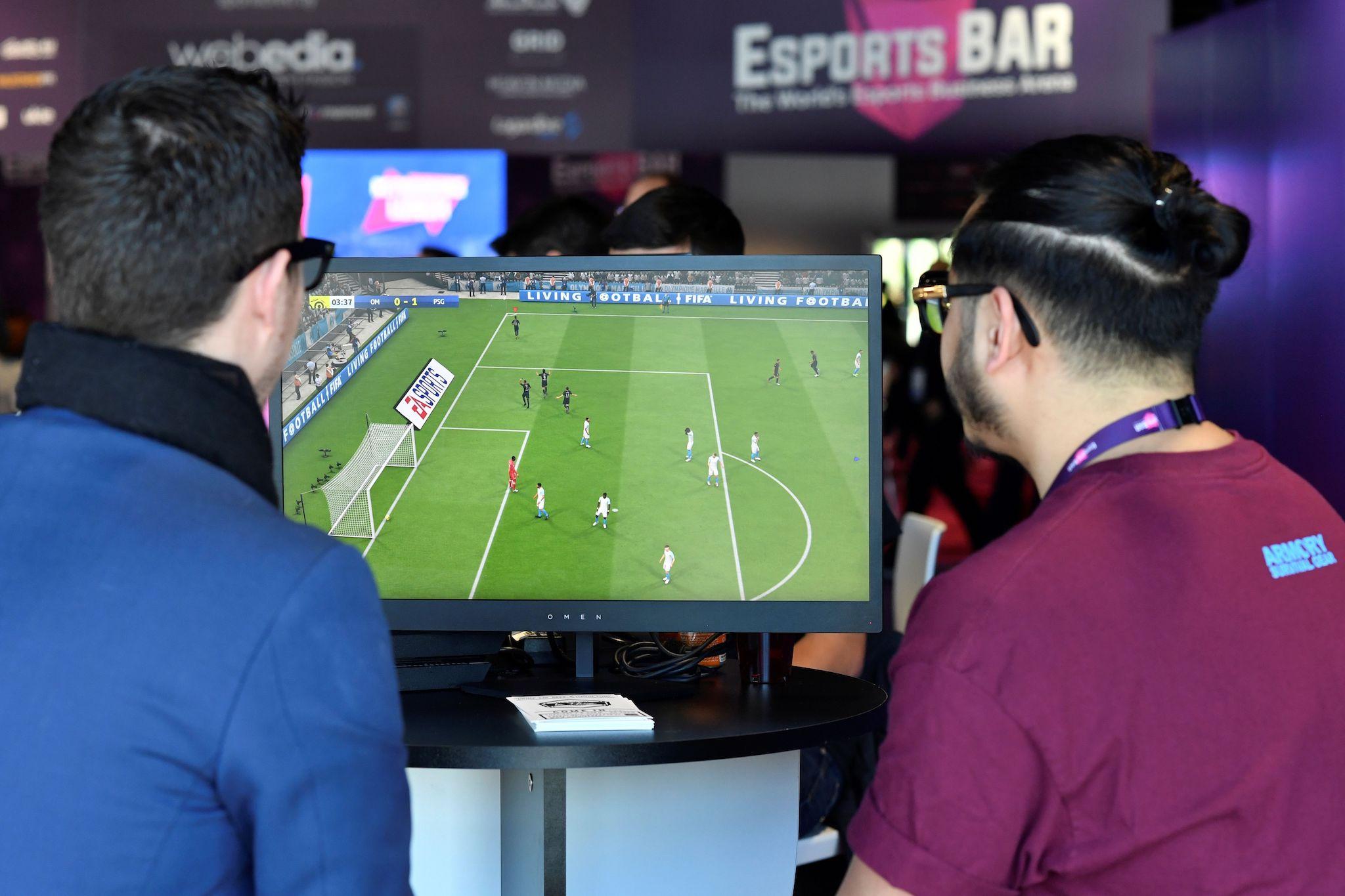Fifa, PUBG and Overwatch loot boxes ‘not gambling’, despite fears children could become addicted
Some fear Fifa 19 player packs could lead to more serious forms of gambling

Your support helps us to tell the story
From reproductive rights to climate change to Big Tech, The Independent is on the ground when the story is developing. Whether it's investigating the financials of Elon Musk's pro-Trump PAC or producing our latest documentary, 'The A Word', which shines a light on the American women fighting for reproductive rights, we know how important it is to parse out the facts from the messaging.
At such a critical moment in US history, we need reporters on the ground. Your donation allows us to keep sending journalists to speak to both sides of the story.
The Independent is trusted by Americans across the entire political spectrum. And unlike many other quality news outlets, we choose not to lock Americans out of our reporting and analysis with paywalls. We believe quality journalism should be available to everyone, paid for by those who can afford it.
Your support makes all the difference.Loot boxes in video games like Fifa do not constitute gambling under current laws and so are difficult to police, the UK gambling watchdog has warned.
Gambling Commission chief executive Neil McArthur said Fifa player packs, which allow gamers to buy a random assortment of players, are hard to define as gambling as the prize does not have monetary value.
The head of the gambling regulator told the Digital, Culture, Media and Sport Committee that loot boxes “could be a form of gambling but like so much, it depends on the exact circumstances in which they are offered”.
In the UK, concerns have been raised by some experts that video games can be addictive and developers should take more responsibility to protect users – particularly younger people.
Some fear that loot boxes serve as a gateway to gambling for children.
MPs are currently leading an inquiry into addictive technologies, including looking at video games and in particular their use of loot boxes – paid-for packs of in-game items.
“The Gambling Act tells us that gambling means playing a game of chance for a prize, and you can certainly see circumstances where a loot box might fall within that definition, but where things become a bit more complicated are when one looks at the definition of prize, and prize is defined as being money or money’s worth,” Mr McArthur explained.
“What that means is that the prize must mean something that is equivalent to money.”

Pressed on EA’s use of randomised player packs that can be purchased in its Fifa game, Gambling Commission programme director Brad Enright said it was “satisfied” the game maker had taken a number of measures to ensure that they are not being traded for money in so-called skin gambling.
“We’ve engaged with EA and where they’ve explained the mechanic of the game, the player is clearly playing a game, the fact that it’s randomly determined what players you get means that it’s a chance, it does turn on the prize and whether it’s a prize of money or prize worth... in this scenario, our understanding is that EA have taken lots of measures to prevent secondary markets,” he told the committee.
“That said, the very fact that there is expenditure, a chance-based mechanic, children playing the game, we appreciate that that poses significant concerns.”
The pair indicated that the commission had taken action over more than 20 skin betting sites in the last four years.
MP Margot James, who recently resigned as digital minister, told the committee earlier this month that there is not enough evidence available to suggest that loot boxes in video games constitute gambling.
“I would contest the assumption that loot boxes are gambling and I don’t think that all the evidence that I’ve read from your committee’s hearings would support that assumption either,” she said.
Last year, Belgium banned loot boxes after the country's gaming commission ruled that the virtual surprise packages represent an illegal form of online gambling.
Additional reporting from agencies
Join our commenting forum
Join thought-provoking conversations, follow other Independent readers and see their replies
Comments